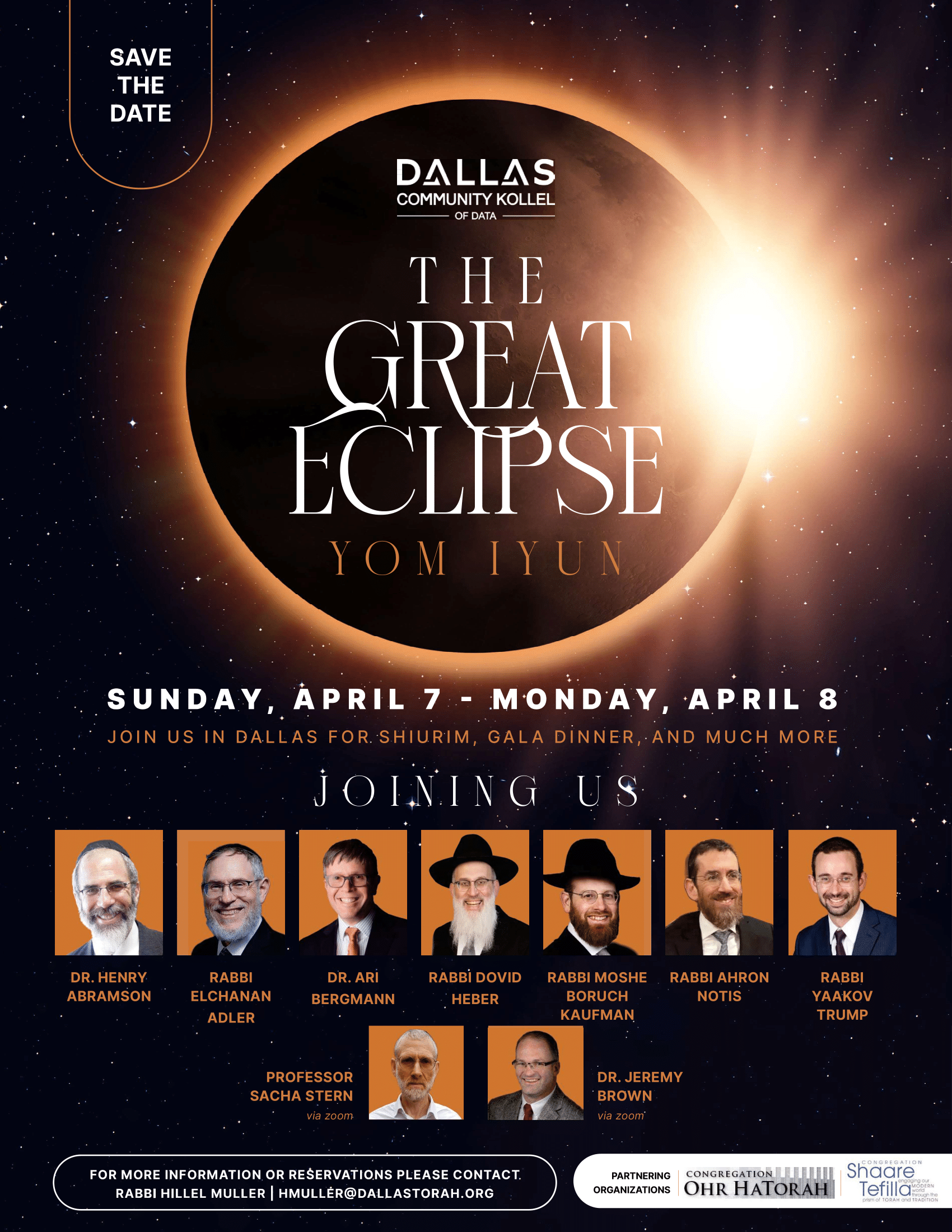Jewish law forbids the burial of a person with any material objects.
Recently a Russian Jewish man passed away in Germany with the request he be buried with a bottle of vodka, which he never parted with during his lifetime. The local rabbis were faced with a dilemma:
- On one hand, it is important to fulfill the last wishes of a Jew.
- On the other hand, it is unacceptable to bury any object together with the body of the deceased.
The question was forwarded to a representative of the Chief Rabbinate in Israel. The ruling was that the bottle may not be placed inside the coffin, or underneath it so that no object interposes between the coffin and the earth. There is, however, no prohibition of placing the bottle near the coffin on the side. With the implementation of this ruling, the man and the bottle were laid to rest, side by side.
A few years ago, a very wealthy Jewish man passed away in Canada, leaving his family an extensive will to be read before the funeral. In addition he left a second letter which said it should not be opened and read until 30 days after his passing. In the first will, opened immediately upon his passing, he requested to be buried wearing socks. This caused great confusion in his family as the man was a very observant Jew and he should have known that Jews are not buried with their socks. Since, however, he requested this, the question was posed to the Chevra Kadisha, the Jewish burial society.
The society also did not know how to deal with such a situation, so the question was forwarded to a leading rabbinical authority. The rabbi was also shocked, knowing the piety of the man in question. He ruled that as a pious man he certainly would not want to be buried in a way which is contrary to the very Jewish laws he lived by, and must not have been familiar with this custom if he made such a request. He should be buried without the socks.
Thirty days later, the second letter was opened and read by the family. It said, “By now I’m sure I have been buried without my socks. This just goes to show you how transient your material possessions are: a man can’t even take a meager pair of socks with him!”
It’s important that you speak to your uncle and explain to him how material possessions are earthly possessions and belong to the transient, physical world he now lives in. He is, one day, to enter a different sort of world, a world of holiness and connection to the Almighty. Everything there is eternal. Bringing material possessions with him, even if he actually could, would be as out of place there as carrying a bucket of mud into a posh, exclusive diamond studio. What counts in eternity are his timeless possessions, his mitzvos, his tzedakah. He still has a chance to use the remainder of his time here to endow many wonderful Jewish causes, Torah study, outreach and organizations helping needy Jews. He still has time to perform Teshuva, repentance for any of his misdeeds in this world and use the precious time remaining to connect to God in a way he never has before. These are the possessions that he could truly take with him which will bring him eternal bliss – rather than being buried “next to the bottle”.
Sincerely,
Rabbi Yerachmiel Fried


